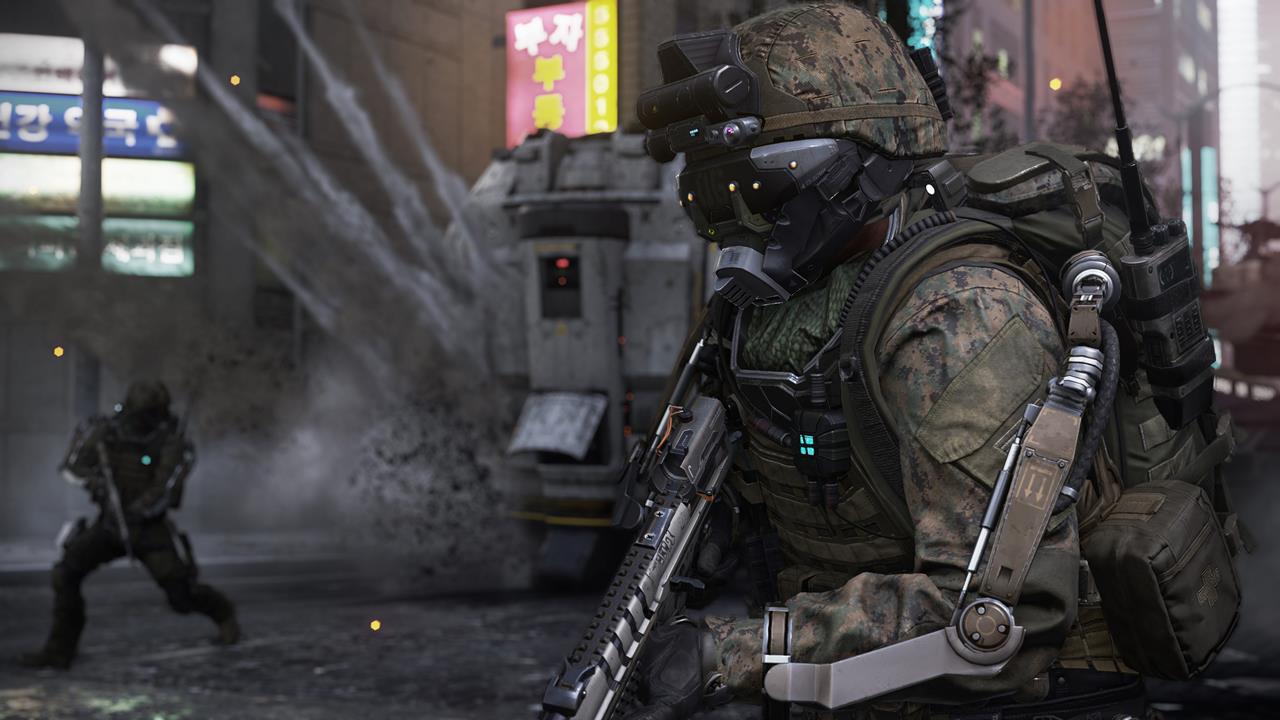The games industry is forever changing, and as usual E3 has helped give us a glimpse of where it’s going next. VG247’s Dave Cook jots down a few key takeaways that suggest games are changing in a big way.
Like a flaming car that suddenly bursts through your wall without warning, E3 2014 is impossible to ignore. Like dutiful moths banging into a buzzing light-bulb, we turn our focus on that clammy Los Angeles Exhibition Centre to be told exactly what we’re going to be getting hyped about for the next year. Sunrise, sunset, sunrise, sunset.
E3 week gives us a broad window onto what the industry looks like today, and shows us where it might be going in the months that follow. It’s a spectacle that informs the next year of gaming in a big way, and there are a few notable trends that we’ve picked out of the glut.
These shifts are important, so I wanted to touch on them here.
6. New IP is getting our blood pumping more than ever…
We’re often told that new IP has a rough time at market, and yes, it can be hard to project a fresh property in front of gamers when their eyes are being blinkered by all of the sequels this industry churns out. E3 2014 turned that on its head a little with reveals like Scalebound from Platinum Games, From Software’s Bloodborne, along with indie appearances like Ori and the Blind Forest, No Man’s Sky, Titan Souls and Broforce.
More people are talking about this type of game than they were last year. That’s evident just by looking at the headlines they’ve been getting, and what you’ve been saying on our heavily-populated social feeds. Indie fans have always fought their corner – I’m one of them – but now those who wouldn’t look twice at games like Roll7’s Not a Hero or Giant Squid’s Abzu are doing so because of their heightened presence at E3. That’s a wonderful thing.
Seeing Inside, the new game from Limbo studio Playdead, get its own segment on Microsoft’s stage was something of a statement. I was genuinely happy to see that game rub shoulders with the likes of Halo and Rise of the Tomb Raider, because it shows that format holders really are giving new IP the time of day, even those from indie teams. This has been happening slowly for a while, but this week really gave new IP a shot in the arm. Bravo industry.
5. …But sequels are feeling less tedious
Annualised sequels make many of us throw up in our own mouths a little. I get it, I really do. From up here in the VG247 orbital news strike platform, we can hear the collective groans that come whenever the fifth or sixth sequel to an franchise is announced. It’s tedium central for some, but for others, they’re just happy to see their favourite series extended, just like when a TV show gets another season run.
Those groans are getting quieter however, and that’s because the sequels of E3 2014 mostly looked damn impressive. Assassin’s Creed: Unity is like what, number 38 in the series? Yet its new-gen visuals still managed to get people whipped up into a hype lather thanks to some impressive crowd tech, its striking depiction of Paris and some pretty interesting co-op play.
The numbers at the end of our game titles are rising fast, but it seems we’ve largely warmed to the likes of Far Cry 4, Uncharted 4: A Thief’s End, Mortal Kombat X, Halo 5: Guardians, Metal Gear Solid 5: The Phantom Pain and all of those blockbuster sequels we often profess to being tired of. None of these games appear to be the lazy cash-grabs either. They actually appear to be bucking the cash-cow trend by adding new ideas and life into their established concepts.
4. Exclusives are more relevant than ever
Something interesting is happening out there in game-development land. We already know that first-party exclusives like Halo and Uncharted are important, and that the cost involved with making those big triple-a experiences is rising at a ludicrous rate. Multiformat games are filling the gaps between those expensive projects along with indies, so what else can format-holders like Nintendo, Sony and Microsoft do to lure you over to their platform? Exclusives. Out the ass.
You can’t get exclusive rights to a multiformat game unless it’s timed, but that’s getting harder to secure because third-parties like EA and Ubisoft need to make those mega-millions back. Format exclusivity on anything other seems to be largely out of the question these days, but that’s not to say DLC cant be made exclusive. Almost every trailer that came out of Microsoft’s E3 conference had a sting that read ‘New content first on Xbox,’ or something to that effect.
That’s incredibly smart. You can’t get exclusive dibs on the game so you time-exclusive the hell out of its content or beta phase. It’s like Netflix – and now Sony and Microsoft – moving into original programming. This is now a content war, even if it means bringing costume micro-DLC to your platform first; if you have it before the competition, the people will come. Expect this war to escalate in months to come.
Next: reboots, connectivity and co-op…




Comments
Post a Comment